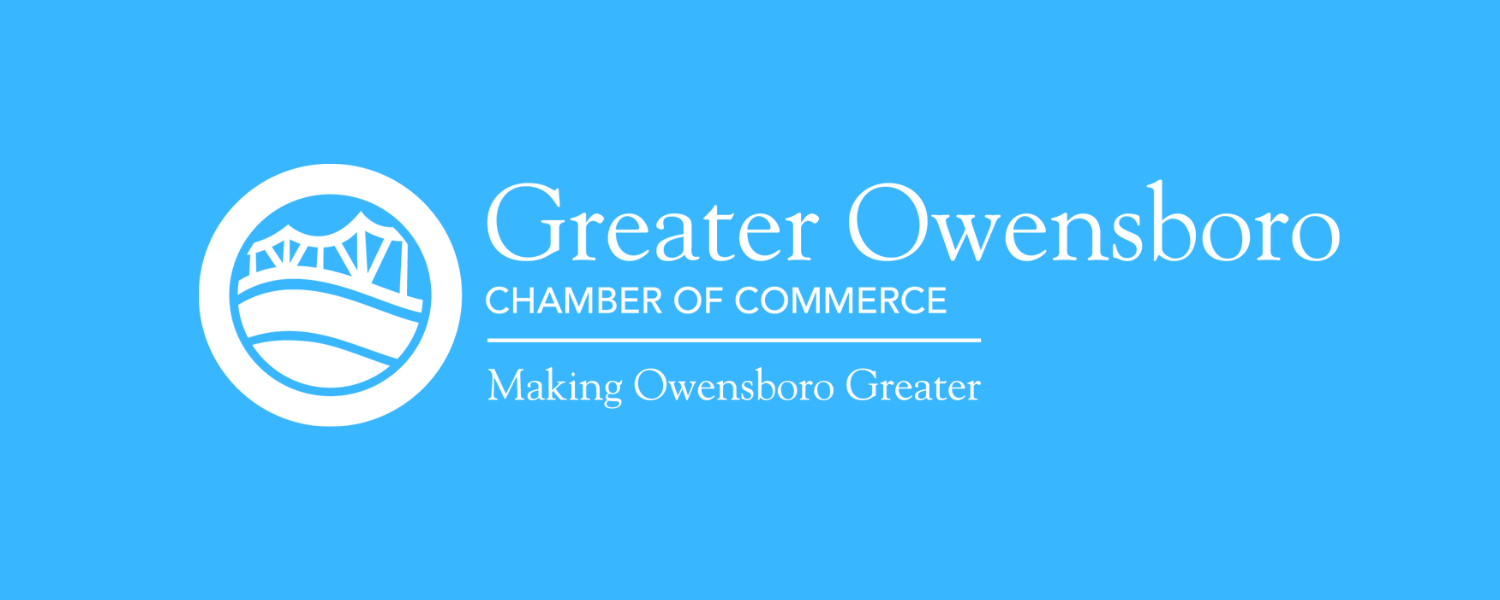Former Apollo High School, University of Kentucky and NBA star Rex Chapman appeared on the Greater Owensboro Chamber of Commerce’s virtual Rooster Booster on Thursday morning, sharing his thoughts on Owensboro, mental health and social justice.
The former Kentucky Mr. Basketball and McDonald’s All-American drew from his own experiences more than anything else, including a post-playing career painkiller addiction that eventually led to his arrest six years ago.
“Life is weird, and life is really hard,” said Chapman, who has since become a broadcaster for UK basketball and a popular figure on Twitter. “I’ve had it good, and I’ve had it not so good. This life can get you down and sometimes when you’re down — just like with the pandemic right now, people are scared. What I know is you can’t get through it alone; you can’t isolate yourself. Sometimes something as simple as a hug can get you to the next day.”
Chapman touched on his own struggles with depression over the years, noting the stigma that used to — and still does, to an extent — come with confronting mental health issues.
“If you saw me from age 15 to 30, you’d go, ‘Oh man, what a perfect life. Money and kids and playing ball,’ ” Chapman said. “I can tell you, and my friends can tell you, I always struggled with my head.
“I fought with that for years and years. That used to be a really unpopular thing to say out loud, especially if you were a white male growing up in the south. … What it took for me to open up and talk about it was crashing and burning.”
Chapman shared stories of his time growing up in Owensboro, including his battles with Owensboro High School’s David Hogg, Marcus Robinson and Avery Taylor.
“Those guys prepared me to go play outside the state,” Chapman said. “I wasn’t going to go play in Philadelphia or New York and play any better than I would have against those guys.
“By the time I left Owensboro, I felt like I had played in so many pressure-packed situations in front of thousands of fans, and I had. It’s something I’ll always cherish.”
During the summers growing up, Chapman and his OHS foes were close friends and even played together on the same AAU team. Getting to spend so much time with a diverse group of people opened his eyes to the realities of the society.
“I can’t imagine what my life would be like without all the Black and brown friends I have,” Chapman said. “… I’m a white man. I wake up white every day, and I have the luxury of learning about racism. My friends wake up Black every day and have to deal with it every day.
“We got a 90-yard head start in a 100-yard race, and they’re playing catch-up.”
A situation that illustrated Chapman’s point was when their AAU team was invited to a prestigious national camp in Georgia. Chapman, whose father, Wayne Chapman, was a prominent coach, could afford to pay the entry fee to attend. His friends, from a different socioeconomic background, could not.
“They didn’t have the privilege of going to the camp,” Rex Chapman said. “What happened from that point on was I started getting recruited way more than those guys were. … There were built-in disadvantages that my friends had to deal with.”
There are still racial inequality problems that persist to this day, Chapman continued, which won’t be solved overnight. He commended Owensboro in the process, however, noting a belief that his hometown can be a beacon of change and diversity.
“It’s a good city. I’m proud of it for many different reasons,” he said. “I love Owensboro, and I think you’ve got to continue the dialogue. With Black Lives Matter and what we’re going through with civil unrest right now, don’t let it fade. Just like the pandemic, it’s not over because you’re done talking about it.
“This is a period of time I hope we can all look back on and be proud of.”

